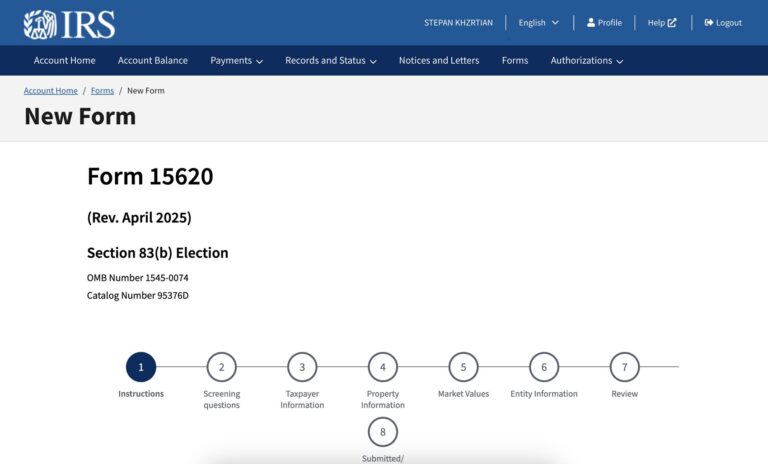This is the second post of Mistakes Founders Make, a series of blog posts that shine light on legal mistakes that startups commonly make and attorneys have to fix. Keep in mind that the post sacrifices detail for simplicity and is for informational purposes only. It should not be taken as advice — whether legal, tax, or other — and does not create an attorney-client relationship.
Just the basics
What’s the problem?
A written agreement should cover at least three fundamental matters: (i) intellectual property assignment, (ii) confidentiality, and (iii) compensation. Without such an agreement in place before or shortly after the service provider starts working for your company, you potentially expose your company to legal risks.
How bad is it?
Could get pretty bad. A disgruntled ex-employee may try to block you for using IP that they created for you, claim equity in your company, or claim that you haven’t compensated them justly.
How do I avoid this?
Have the service provider sign an agreement before or soon after they start work for your company.
You mean having a contract with employees?
Yes, but not only employees. I’m talking about anyone who will do any work for you, whether it’s writing code, creating a design, managing a project, or giving growth advice. Here’s an easy framework to use when thinking of people who do work for you in Startupland:
- Employees: These are individuals who work (almost) exclusively for you, also known as “W2 employees.”
- Consultants: There are individuals or companies that provide services to you, but are free to provide services to others as well. Outside of Startupland, they’re also known as contractors, or “1099 employees” (which is a tricky misnomer).
- Advisors: These are individuals or companies that provide you with – you guessed it – advice, along with introductions to users, investors, and other advisors. Normally, they don’t engage in hands-on work like contractors do, but they are technically considered a kind of contractor.
Do I need a written agreement even if it’s a one-off task?
Yes, even then. If you’re going to later use any work product they deliver to you, you should have a signed writing with them.
What do I need to have signed with each of these service providers?
At a minimum, you should have a written agreement that covers three fundamental matters:
- Intellectual Property assignment, saying that whatever the service provider does for your company belongs to the company,
- Confidentiality, saying that the service provider will not disclose any non-public information he learns about your company,
- Compensation, saying what exactly will the service provider be getting in return for their work – whether it’s cash, equity, and/or something else.
In Startupland, the common practice is to sign the following documents:
- With employees, an offer letter and a PIIA (proprietary information and inventions assignment agreement, sometimes called a CIIA),
- With consultants, a consulting agreement,
- With advisors, an advisor agreement.
All this being said, having a writing is better than having no writing at all. A quick email documenting the terms of your engagement with a service provider and getting their confirmation can go a long way.
Why is this important?
As a high-growth company, your intellectual property (“IP”) and your equity are two of its most valuable assets – and it’s your job to protect them.
A part of protecting your company’s IP is making sure that your company has all the rights it needs to make money based off of that IP.
A part of protecting your company’s equity is making sure that there aren’t people out there who can come around and claim, in bad faith, that they own a chunk of your company.
I get it high-level, but can you give me examples?
Sure thing. As to IP, there’s the risk of a service provider trying to block you from doing business by claiming that you’re wrongfully using their own IP. The argument would be something like, “Hey! I made this, and you have no right to use it.”
As to equity, there’s the risk of a service provider claiming that you promised them stock at some point, even if it was never finalized, if you didn’t make it super-clear what they’ll be getting in return for their work. They can also claim that since you’re using IP that they own, they’re entitled to X% of the company.
These are probably non-issues for as long as the company and the service provider are on good terms. But if things go south, a terminated and disgruntled service provider may try to give you a hard time. Having a solid writing in place preempts this.
When should I have this written agreement in place?
Ideally, before the service provider starts doing work for you. However, in the fast-paced startup setting, that’s not always the case. It’s not the end of the world if the agreement is signed after the person starts working, but make sure that it covers work that was done before the agreement was signed. Normally, this means having an effective date that is the day the service provider started working.








